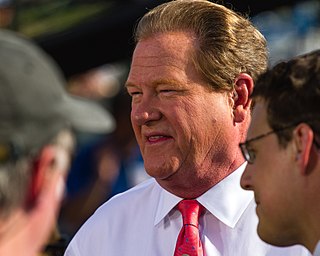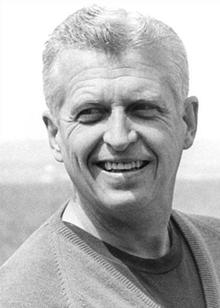A Quote by Ed Schultz
Since when is it against the law to meet with people from another country?
Related Quotes
Most Americans need to be told discrimination against trans people is against the law. Instead of looking at us as people, they look at us as not people. If there's a law that states this treatment is not allowed, I'd feel safer to function more confidently in society because I'd know I'm protected by the law in the country I pay taxes in.
The law is equal before all of us; but we are not all equal before the law. Virtually there is one law for the rich and another for the poor, one law for the cunning and another for the simple, one law for the forceful and another for the feeble, one law for the ignorant and another for the learned, one law for the brave and another for the timid, and within family limits one law for the parent and no law at all for the child.
Compelling a man by law to pay his money to elect candidates or advocate law or doctrines he is against differs only in degree, if at all, from compelling him by law to speak for a candidate, a party, or a cause he is against. The very reason for the First Amendment is to make the people of this country free to think, speak, write and worship as they wish, not as the Government commands.
One percent of the nation owns a third of the wealth. The rest of the wealth is distributed in such a way as to turn those in the 99 percent against one another: small property owners against the propertyless, black against white, native-born against foreign-born, intellectuals and professionals against the uneducated and the unskilled. These groups have resented one another and warred against one another with such vehemence and violence as to obscure their common position as sharers of leftovers in a very wealthy country.
Since natural law was thought to be accessible to the ordinary man, the theory invited each juror to inquire for himself whether a particular rule of law was consonant with principles of higher law. This view is reflected in John Adams' statement that it would be an 'absurdity' for jurors to be required to accept the judge's view of the law, 'against their own opinion, judgment, and conscience.'
Jurors have found, again and again, and at critical moments, according to what is their sense of the rational and just. If their sense of justice has gone one way, and the case another, they have found "against the evidence," ... the English common law rests upon a bargain between the Law and the people: The jury box is where the people come into the court: The judge watches them and the people watch back. A jury is the place where the bargain is struck. The jury attends in judgment, not only upon the accused, but also upon the justice and the humanity of the Law.
[ To break the law] would still be an imperative. I guess we do it for both reasons. You try to be a Christian, you try to come from that tradition of the Jewish prophets and then Christ and everything since. That becomes your handbook. "Witness" is the key word. You witness against the injustice, against the atrocity, against the heavy-handedness, and all the rest. We try to make a statement to other people, and we try to say it's your responsibility, too.
People of the same trade seldom meet together, even for merriment and diversion, but the conversation ends in a conspiracy against the public, or in some contrivance to raise prices. It is impossible indeed to prevent such meetings, by any law which either could be executed, or would be consistent with liberty or justice. But though the law cannot hinder people of the same trade from sometimes assembling together, it ought to do nothing to facilitate such assemblies; much less to render them necessary.
Panama is a country that's been dealing with issues of identity since its very birth. It was born on Wall Street. It was born out of engineering construction. It was the canal. Because of the canal, the country was born, so the country has been divided into pro-canal and against-canal people for so long.
Society today is no longer in revolt against particular laws which it finds alien, unjust, and imposed, but against law as such, against the principle of law. And yet we must not regard this revolt as entirely negative. The energy that rejects many obsolete laws is an entirely positive impulse for renewal of life and law.



































